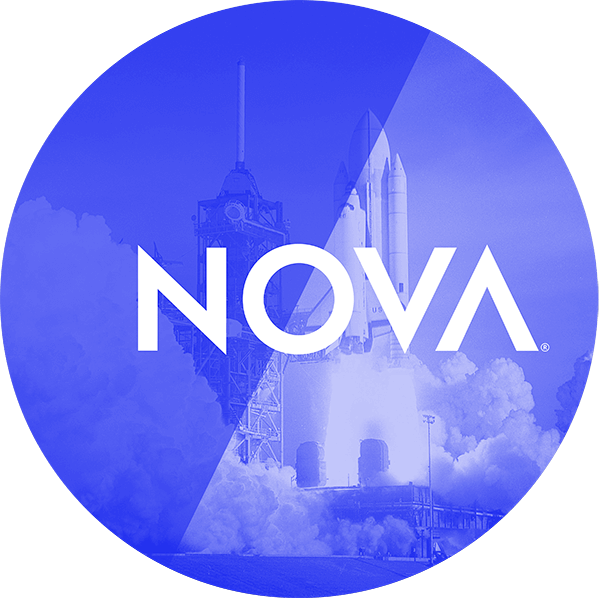Five Technology Documentaries Streaming Right Now
Five episodes exploring the revolution and ethics of technology.

Hello, NOVA fans! We understand that many of you may be spending more quality time at home than usual. And, as schools across the country remain closed, fostering student learning at home is a top priority.
In the upcoming weeks, we’ll be sharing collections of some of our favorite NOVA films—all organized by subject to make bingeing, learning, and entertainment as easy as possible for science lovers of all ages.
Have you ever wondered about the ethics of genetic engineering or considered whether autonomous vehicles will someday take over our roads? Get ready: The subject of this collection is “Technology.”
Decoding da Vinci (2019)
Leonardo da Vinci was a Renaissance genius. Not only did he paint masterpieces of art, but he was an obsessive scientist and inventor, dreaming up complex machines centuries ahead of his time, including parachutes, armored tanks, hang gliders, and robots. On the 500th anniversary of Leonardo’s death, with the help of biographer Walter Isaacson, NOVA investigates the secrets of Leonardo’s success. How did his scientific curiosity, from dissections of cadavers to studies of optics, shape his genius and help him create perhaps the most famous painting of all time, the "Mona Lisa"?
Rise of the Rockets (2019)
Rockets are becoming cheaper and more powerful than ever before thanks to stunning new technologies. As companies like SpaceX and Virgin Galactic make space more accessible, and NASA returns to crewed spaceflight, a new era of space exploration seems to be on the horizon. But will this seeming rocket Renaissance become more than just hype? NOVA explores the latest rocket technologies and the growing role private citizens may have in space.
Look Who's Driving (2019)
After years of anticipation, autonomous vehicles are now being tested on public roads around the world. As ambitious innovators race to develop what they see as the next high-tech pot of gold, some experts warn there are still daunting challenges ahead, including how to train artificial intelligence to be better than humans at making life-and-death decisions. How do self-driving cars work? How close are we to large-scale deployment of them? And will we ever be able to trust AI with our lives?
School of the Future (2016)
In a new age of information, rapid innovation, and globalization, how can we prepare our children to compete? Once the envy of the world, American schools are now in trouble. Test scores show our kids lag far behind their peers from other industrialized countries, and as the divide between rich and poor grows wider, the goal of getting all kids ready for college and the workforce gets harder by the day. How can the latest research help us fix education in America? Can the science of learning—including new insights from neuroscientists, psychologists, and educators—reveal how kids’ brains work and tell us which techniques are most likely to engage and inspire growing minds? What role should technology play in the classroom? Teachers, students, parents, and scientists take center stage as NOVA explores a new vision for the “School of the Future.”
NOVA Wonders: Can We Make Life? (2018)
"It's alive!" Since Dr. Frankenstein spoke those famous words, we've been alternately enthralled and terrified by the idea of creating life in the lab. Now, a revolution in genetic engineering and thrilling innovations in synthetic biology are bringing that dream—or nightmare, as the case may be—closer to reality. New tools allow researchers to use cells to create their own DNA and edit it into existing genomes with more ease and less cost than ever before. Along with renewed hopes for treating some genetic diseases, there's serious talk of using the newest technologies to bring long-extinct animals back from the dead – like the team hoping to resurrect the woolly mammoth. Science fiction is quickly becoming science fact. Another daring genetic experiment to bioengineer animals could prevent Lyme disease. But the power to make life comes with deep ethical questions. What are the potential rewards—and dangers—of tinkering with nature? NOVA Wonders explores the benefits and the burden of risk surrounding the controversial new technology.



